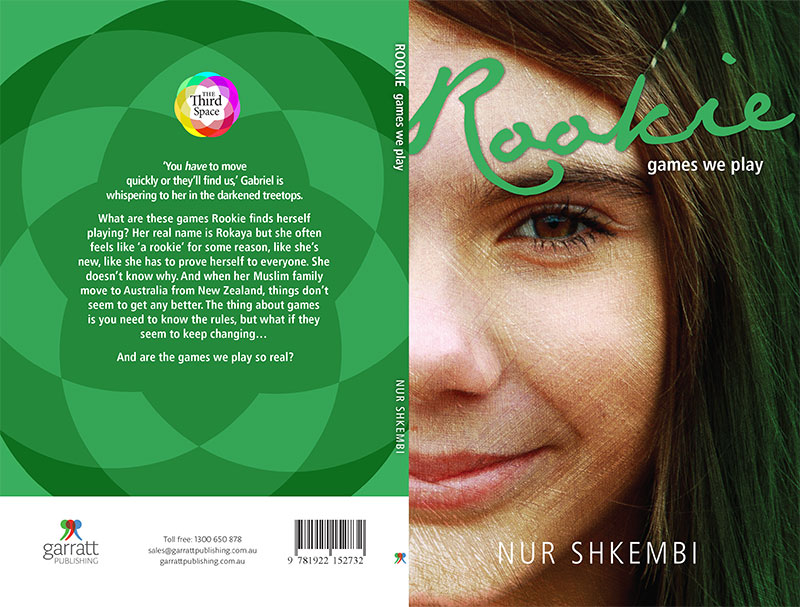
The Third Space series is a unique project designed in response to the Australian Curriculum’s inclusion of the key elements of diversity competence: intercultural and ethical understanding, personal and social capability, and critical and creative thinking. Comprised of thirteen novellas, The Third Space aims to equip students with the requisite understandings, skills, attitudes and dispositions to deal with difference through reading stories focussed on young protagonists. This series takes students on an introductory journey out of their own world and into the intriguing world of human diversity. Students are given a unique opportunity to step out of their own space and into ‘the third space’ – a space where people of different cultural, racial and belief systems are understood and respected. The novellas provide the conceptual tools and imaginative space to help students discover and participate in this ‘third space’ where multi-culture and multi-faith are key components of a society that is rich, harmonious and inclusive.
‘You have to move quickly or they’ll find us,’ Gabriel is whispering to her in the darkened treetops. What are these games Rookie finds herself playing? Her real name is Rokaya but she often feels like ‘a rookie’ for some reason, like she’s new, like she has to prove herself to everyone. She doesn’t know why. And when her Muslim family move to Australia from New Zealand, things don’t seem to get any better. The thing about games is you need to know the rules, but what if they seem to keep changing… And are the games we play so real?
STUDENTS: Year Level: 07 and 08
Provides a realistic, authentic and approachable entry point into belief systems and intercultural dialogue
Specifically meets the requirements of the Australian Curriculum strand, Intercultural Understanding
Enables students to recognise culture, develop respect, and interact and empathise with others
Allows for the maintenance of identity while venturing into new spaces
Focuses on mutual reciprocity as opposed to simply learning about diversity
Allows teachers to understand interfaith and intercultural dialogue from students’ perspectives.